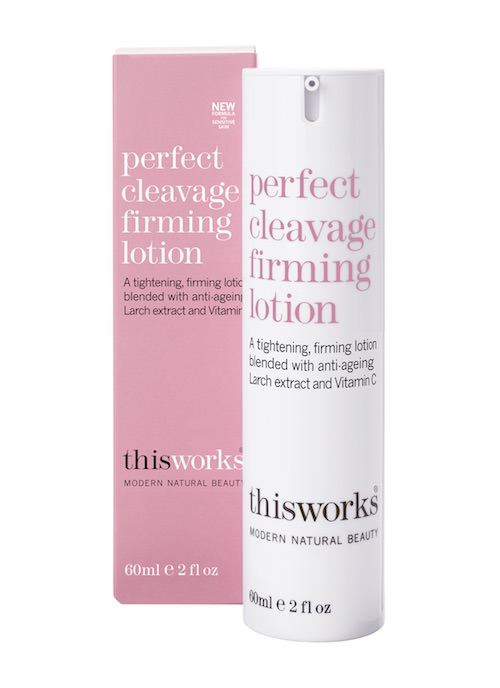Mastectomy guide
A mastectomy (or breast removal surgery) is a type of breast surgery whereby a woman’s breast (or both breasts) is removed – normally because she has been affected by breast cancer.
A mastectomy can also be carried out on non-cancerous breasts as a preventative measure in women who are at high risk of developing breast cancer because of a ‘faulty’ gene.
A ‘simple mastectomy’ removes all of the breast tissue, including the nipple, areola and skin. If the cancer has spread into the muscles beneath the breast, a ‘radical mastectomy’ will be carried out, removing the breast, the underlying muscles and lymph nodes from the armpit.
Alternatives to mastectomy
As with all surgery, alternative treatment may be offered, depending on the size, position and type of cancer you have. These alternatives include:
- A lumpectomy – where just the lump and surrounding tissue are removed. Also known as breast-conserving surgery.
- A breast reduction.
- Radiotherapy – to destroy cancer cells with radiation treatment.
- Chemotherapy – to destroy cancer cells with medication.
- Hormonal therapy – to lower the levels of oestrogen hormones in your body, hopefully causing the cancer to shrink.
Your breast care nurse, doctor or surgeon will offer advice on the best treatment for you.
Before mastectomy
Before mastectomy surgery is carried out chemotherapy or hormone therapy will normally be given. This will shrink the tumour, making it easier to remove and making a radical mastectomy less likely.
Your medical professional will discuss what to expect before, during and after your surgery and will explain any risks and benefits to you prior to your operation. Be sure to ask any questions during these consultations as this will help to ensure that you understand what will happen to you.
During mastectomy
Generally speaking, mastectomy is carried out under general anaesthetic and will take at least two to three hours (longer for a radical mastectomy or if you opt to have breast reconstruction surgery at the same time). You can expect to stay in hospital for a day or two following the surgery.
Surgery is often carried out by making a horizontal or diagonal cut across your breast – and removing the breast tissue, skin and nipple. If your lymph nodes (glands under your arms) have been affected by the cancer, they will be removed also.
Some ladies choose to have breast reconstruction after mastectomy. This surgery can sometimes be carried out at the same time as your mastectomy, or at a later date. Reconstruction can be carried out using skin and tissue from your back or stomach or with a silicone implant. If you do not opt for breast reconstruction, you can choose to wear a prosthetic breast, known as a ‘prosthesis’.
After mastectomy
After breast surgery, you will need to rest and may also need pain relief. You may find that you have ‘drains’ in your wound (these will remain in place for two to five days following surgery).
You will be given advice about wound care, dressings, diet and exercise before you leave hospital and you may also be given physiotherapy exercises. You won’t be able to drive for a period of time following your operation, so be sure to make arrangements for travelling home from the hospital. Ask your nurse or surgeon for advice on returning to work or on resuming your normal daily activities.
If you didn’t opt for breast reconstruction at the time of mastectomy, you will be offered a ‘softie’ prosthesis to wear inside your bra in the weeks following surgery. At a later date, you will be given a silicone prosthesis which matches the size and shape of your natural breast. These are worn inside your bra, either against the skin or inside a special ‘pocketed’ bra. You will probably be advised to wear a specific post-surgery bra, usually non-wired and front-fastening.
You can expect to take around three to six weeks to recover from mastectomy surgery. Most people recover well with no problems and suffer no complications.
Side effects
Side effects can include:
- Soreness, swelling in and around the breast area, arm or shoulder.
- A bruised, tight feeling in your breast area. You may also get some numbness or tingling.
- Scarring.
- Seroma – a build-up of fluid around your wound.
- Lymphoedema – swelling of the arm.
Support
When you find out you have breast cancer and/or go on to have any type of breast surgery, you may find yourself needing someone to talk to. It’s an emotionally challenging time for you and your family and friends. You can get help and support from your breast care nurse as well as other organisations like:
Macmillan Cancer Support
Breast Cancer Care
You may also find local support groups, coffee mornings and other ways to meet ladies in your area. Ask your breast care nurse for more information.
Latest Cream Review
Browse Categories
Most popular
Dr. Organic Moroccan Argan Oil Breast Firming Cream Review
Dr. Ceuticals Bust Boost Review
UK beaches uncovered: The topless top five
Palmer’s Cocoa Butter Bust Cream Review
The politics of breasts: Know your rights
Strapless, backless or plunging – bra solutions for every dress dilemma
Nutrition and lifestyle for breast cancer prevention


